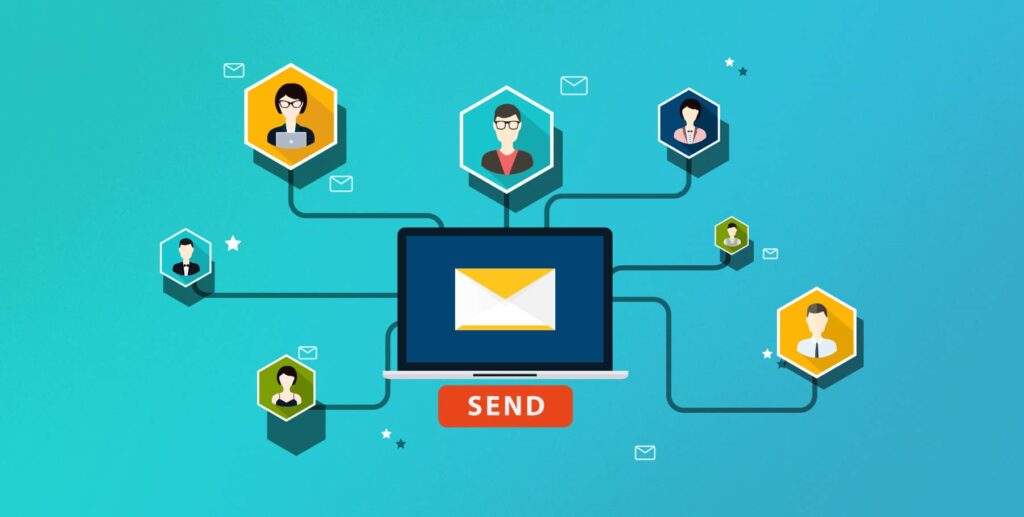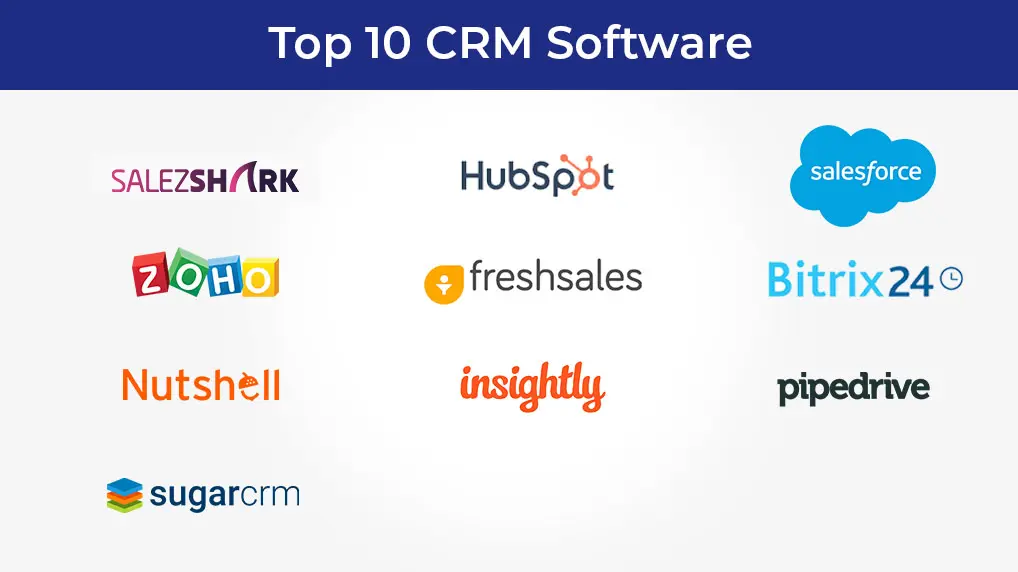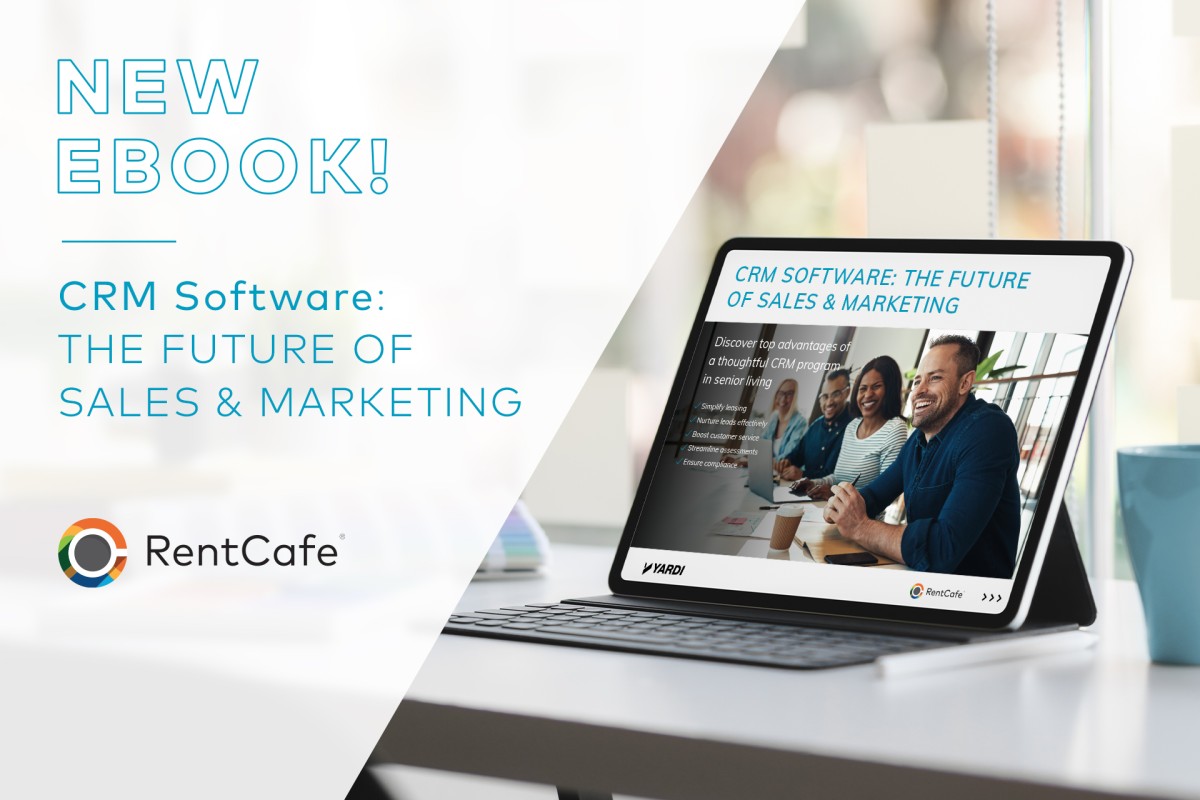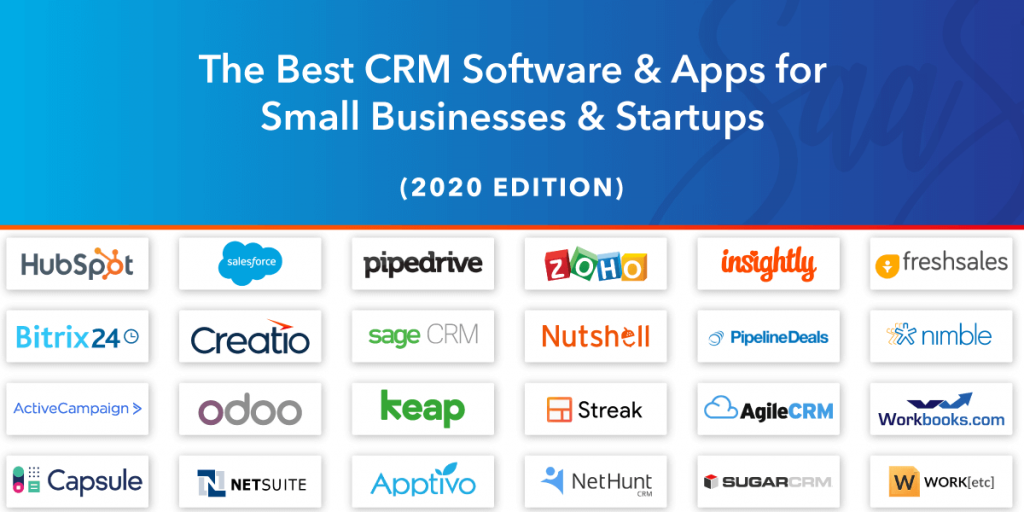Unlock Customer Engagement: Mastering CRM and SMS Marketing Campaigns

Unlock Customer Engagement: Mastering CRM and SMS Marketing Campaigns
In the ever-evolving landscape of digital marketing, businesses are constantly seeking innovative ways to connect with their customers. While email marketing, social media, and content marketing remain crucial, the power of Short Message Service (SMS) marketing, when integrated with a Customer Relationship Management (CRM) system, presents a unique and highly effective opportunity to boost engagement, nurture leads, and drive conversions. This article will delve deep into the synergy between CRM and SMS marketing campaigns, exploring how to leverage these powerful tools to achieve remarkable results.
Understanding the Foundation: CRM and Its Role
Before diving into SMS marketing, it’s essential to grasp the fundamental role of a CRM system. A CRM system is more than just a database; it’s the central nervous system of a business’s customer interactions. It acts as a comprehensive hub for storing, organizing, and analyzing customer data, including contact information, purchase history, communication logs, and more. By centralizing this information, a CRM empowers businesses to:
- Gain a 360-degree view of each customer: Understand their preferences, behaviors, and needs.
- Personalize interactions: Tailor communication to individual customer profiles.
- Improve customer service: Provide faster and more efficient support.
- Automate tasks: Streamline workflows and free up valuable time.
- Track and analyze marketing efforts: Measure campaign performance and make data-driven decisions.
Popular CRM platforms include Salesforce, HubSpot, Zoho CRM, and Microsoft Dynamics 365. Each platform offers a range of features and functionalities, so choosing the right one depends on your specific business needs and budget.
The Power of SMS Marketing: A Direct Line to Your Audience
SMS marketing, also known as text message marketing, offers an unparalleled level of immediacy and engagement. Unlike email, which can often get lost in overflowing inboxes, text messages have an astonishing open rate of over 98%. This makes SMS a highly effective channel for delivering time-sensitive information, promotions, and updates directly to your customers’ mobile phones. Key advantages of SMS marketing include:
- High open and response rates: Messages are seen and read almost instantly.
- Instant communication: Reach customers in real-time.
- Cost-effectiveness: SMS campaigns are often more affordable than other marketing channels.
- Personalization: Tailor messages to individual customer segments.
- Convenience: Customers can easily access and respond to messages on their mobile devices.
Integrating CRM and SMS: A Match Made in Marketing Heaven
The true power of SMS marketing is unlocked when it’s seamlessly integrated with your CRM system. This integration allows you to leverage the wealth of customer data stored in your CRM to create highly targeted and personalized SMS campaigns. Here’s how the integration works and the benefits it provides:
- Data Synchronization: The CRM and SMS platforms share data, ensuring that customer information is always up-to-date and consistent across both systems.
- Segmentation: Use CRM data to segment your audience based on demographics, purchase history, behavior, and other criteria.
- Personalization: Personalize SMS messages with customer names, purchase details, and other relevant information.
- Automation: Trigger SMS messages based on specific actions or events, such as abandoned carts, appointment reminders, or welcome messages.
- Reporting and Analytics: Track the performance of your SMS campaigns within your CRM, gaining valuable insights into open rates, click-through rates, and conversions.
Building Effective CRM and SMS Marketing Campaigns: A Step-by-Step Guide
Creating successful CRM and SMS marketing campaigns requires a strategic approach. Here’s a step-by-step guide to help you get started:
1. Define Your Goals and Objectives
Before launching any campaign, clearly define your goals and objectives. What do you want to achieve? Are you aiming to increase sales, generate leads, improve customer retention, or promote a specific product or service? Having clear goals will help you measure the success of your campaigns and make necessary adjustments along the way.
2. Segment Your Audience
Leverage the data in your CRM to segment your audience into specific groups based on their characteristics and behaviors. This allows you to send targeted messages that are relevant to each segment. Examples of segmentation criteria include:
- Demographics: Age, gender, location, income.
- Purchase history: Products purchased, purchase frequency, average order value.
- Behavior: Website activity, email engagement, app usage.
- Lifecycle stage: New leads, existing customers, inactive customers.
3. Craft Compelling SMS Messages
Your SMS messages should be concise, engaging, and action-oriented. Keep them short and to the point, using clear and compelling language. Include a clear call to action (CTA) that tells customers what you want them to do. Here are some tips for crafting effective SMS messages:
- Keep it short and sweet: Aim for 160 characters or less.
- Use a clear and concise tone: Avoid jargon and complex language.
- Personalize your messages: Use customer names and other relevant information.
- Include a clear CTA: Tell customers what you want them to do (e.g., “Shop now,” “Visit our website,” “Call us”).
- Offer value: Provide exclusive discounts, promotions, or helpful information.
- Be mindful of timing: Send messages at appropriate times to avoid disrupting customers.
- Always include an opt-out option: Comply with SMS marketing regulations.
4. Choose the Right SMS Marketing Platform
Select an SMS marketing platform that integrates seamlessly with your CRM system. Look for platforms that offer features such as:
- Two-way messaging: Allow customers to reply to your messages.
- Automation: Automate the sending of messages based on triggers.
- Segmentation: Segment your audience based on CRM data.
- Personalization: Personalize messages with customer information.
- Reporting and analytics: Track campaign performance.
- Compliance features: Ensure compliance with SMS marketing regulations.
5. Automate Your Campaigns
Automation is a key component of successful CRM and SMS marketing campaigns. Automate the sending of messages based on specific triggers, such as:
- Welcome messages: Send a welcome message to new subscribers or customers.
- Appointment reminders: Send reminders for upcoming appointments or meetings.
- Abandoned cart recovery: Send a message to customers who have abandoned their shopping carts.
- Shipping updates: Provide customers with real-time shipping updates.
- Birthday greetings: Send a personalized birthday message.
- Promotional offers: Send exclusive discounts and promotions.
6. Test and Optimize Your Campaigns
Continuously test and optimize your SMS campaigns to improve their performance. A/B test different message variations, CTAs, and send times to see what resonates best with your audience. Analyze your results and make adjustments as needed. Key metrics to track include:
- Open rate: The percentage of messages that are opened.
- Click-through rate (CTR): The percentage of recipients who click on a link in your message.
- Conversion rate: The percentage of recipients who complete a desired action (e.g., make a purchase).
- Unsubscribe rate: The percentage of recipients who opt out of your messages.
7. Comply with SMS Marketing Regulations
It’s crucial to comply with all SMS marketing regulations, such as the Telephone Consumer Protection Act (TCPA) in the United States and GDPR in Europe. This includes:
- Obtaining explicit consent: Get permission from customers before sending them SMS messages.
- Providing an opt-out option: Allow customers to easily unsubscribe from your messages.
- Identifying your business: Clearly identify your business in your messages.
- Respecting customer privacy: Protect customer data and privacy.
Examples of CRM and SMS Marketing Campaigns in Action
Let’s explore some real-world examples of how businesses are leveraging CRM and SMS marketing to achieve impressive results:
1. E-commerce: Abandoned Cart Recovery
An e-commerce business uses its CRM to identify customers who have abandoned their shopping carts. An automated SMS message is then sent to these customers, reminding them of the items in their cart and offering a special discount to encourage them to complete their purchase. This campaign can significantly boost sales and recover lost revenue.
2. Retail: Appointment Reminders
A retail store uses its CRM to schedule appointments for customers. Automated SMS reminders are sent to customers before their appointments, reducing no-shows and ensuring that customers are prepared for their visit. This improves customer satisfaction and optimizes staff time.
3. Healthcare: Appointment Reminders and Health Information
A healthcare provider uses its CRM to schedule appointments and send reminders to patients via SMS. In addition to reminders, they send appointment preparation tips, and relevant health information, increasing patient adherence and improving health outcomes.
4. Real Estate: Property Alerts
A real estate agency uses its CRM to track customer preferences and send SMS alerts when new properties that match their criteria become available. This provides customers with timely information and helps the agency generate leads and close deals faster.
5. Restaurants: Loyalty Programs and Promotions
A restaurant uses its CRM to manage a loyalty program and send SMS promotions to its members. They can send exclusive discounts, announce new menu items, and promote special events, driving customer loyalty and increasing sales.
Best Practices for CRM and SMS Marketing
To maximize the effectiveness of your CRM and SMS marketing campaigns, keep these best practices in mind:
- Prioritize customer privacy: Always respect customer privacy and comply with all relevant regulations.
- Personalize, personalize, personalize: Use customer data to personalize every message.
- Provide value: Offer exclusive discounts, helpful information, or valuable content.
- Keep it concise: Write short, clear, and engaging messages.
- Use a clear call to action: Tell customers exactly what you want them to do.
- Test and optimize: Continuously test and optimize your campaigns to improve their performance.
- Track your results: Monitor key metrics to measure your success.
- Stay up-to-date: Keep abreast of the latest SMS marketing trends and best practices.
- Ensure mobile-friendliness: Make sure any links or content you share is optimized for mobile viewing.
- Don’t spam: Only send messages that are relevant and valuable to your audience.
Overcoming Challenges in CRM and SMS Marketing
While CRM and SMS marketing offer immense potential, there can be challenges to consider. Here are some common hurdles and how to address them:
- Data Integration: Ensuring seamless data synchronization between your CRM and SMS platform can be technically complex. Invest in a platform that offers robust integration capabilities or seek assistance from a technical expert.
- Compliance: Navigating the legal landscape of SMS marketing can be tricky. Stay informed about regulations like TCPA and GDPR, and work with a platform that helps you stay compliant.
- Message Fatigue: Sending too many messages can annoy customers. Carefully plan your campaign frequency and content to avoid overwhelming your audience.
- Data Accuracy: The effectiveness of your campaigns depends on accurate customer data. Regularly clean and update your CRM data to ensure optimal results.
- Measuring ROI: Attributing conversions directly to SMS campaigns can be challenging. Use unique tracking links, promo codes, and CRM reporting features to measure the ROI of your efforts.
The Future of CRM and SMS Marketing
The integration of CRM and SMS marketing is poised for continued growth and innovation. As technology advances, we can expect to see:
- More sophisticated personalization: Leveraging AI and machine learning to personalize messages even further.
- Interactive SMS experiences: Using SMS to create interactive polls, surveys, and quizzes.
- Rich media messaging: Incorporating images, videos, and other rich media into SMS messages.
- Integration with emerging channels: Connecting SMS with other communication channels, such as chatbots and voice assistants.
- Increased focus on customer experience: Prioritizing the overall customer experience to build stronger relationships.
By staying informed about the latest trends and embracing innovation, businesses can continue to harness the power of CRM and SMS marketing to achieve remarkable results.
Conclusion: Embrace the Power of CRM and SMS
Integrating CRM and SMS marketing is a powerful strategy for businesses looking to enhance customer engagement, drive conversions, and build lasting relationships. By leveraging the data in your CRM system and the immediacy of SMS, you can deliver personalized, timely messages that resonate with your audience. By following the best practices outlined in this guide, you can create effective campaigns that achieve your marketing goals. So, embrace the power of CRM and SMS, and watch your business thrive!




